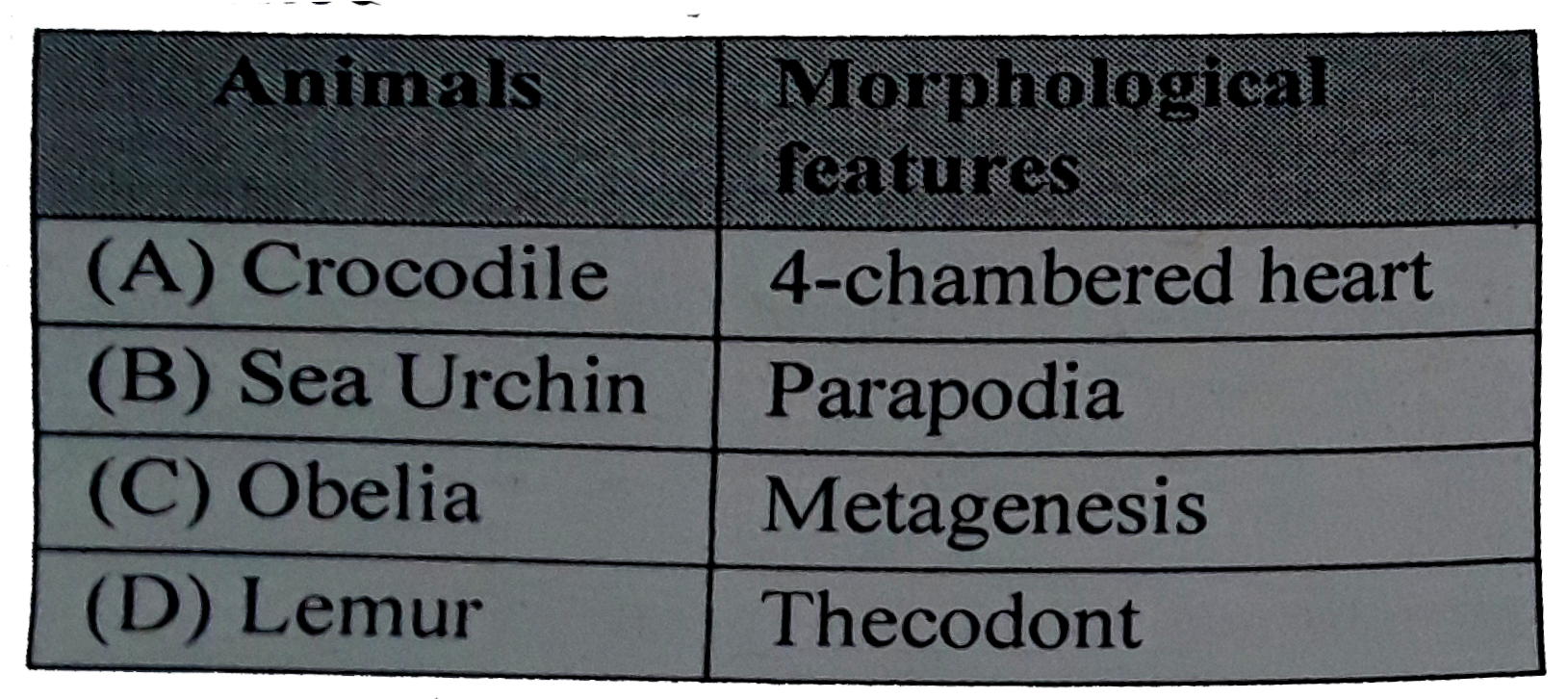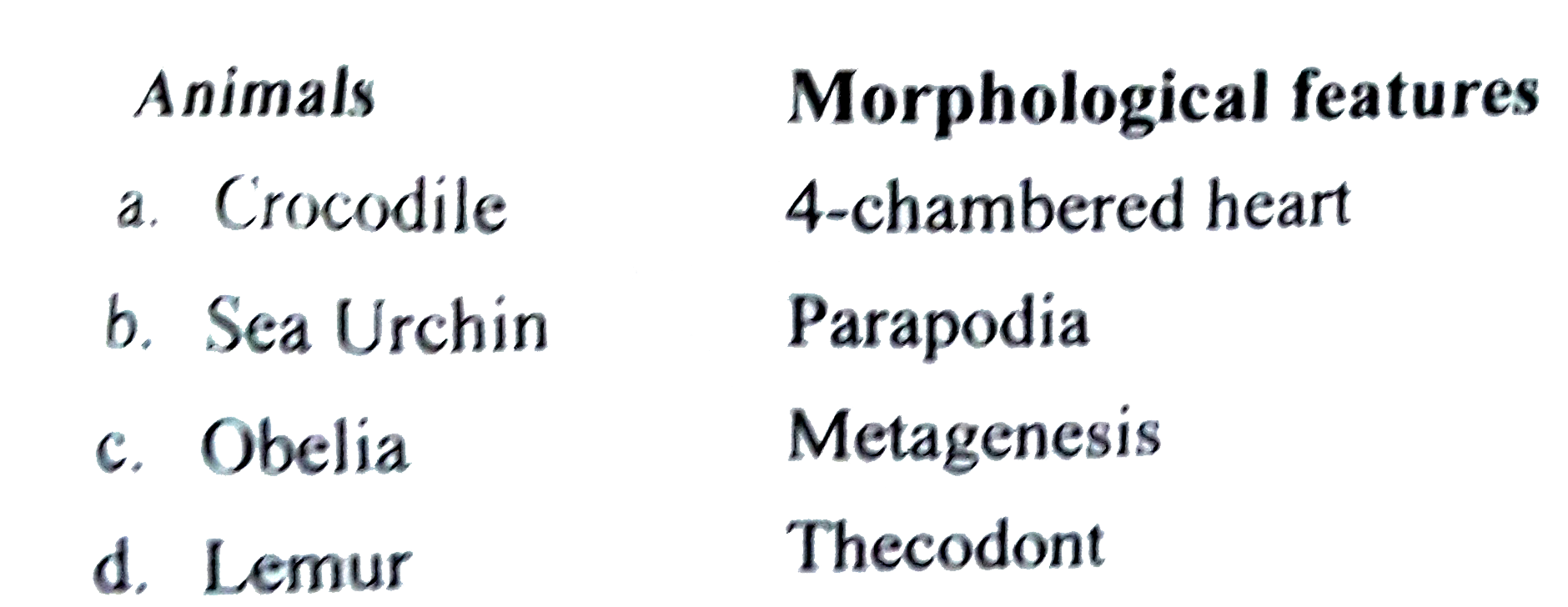Which of the following waves of ECG are correctly paired with their events ?
P wave - depolarisation of atria
QRS complex - Repolarisation of Ventricles
T wave - start of systole
T wave - end of diastole
The correct Answer is:A
To solve the question regarding the correct pairing of ECG waves with their respective events, we will analyze each wave and its associated event step by step.
1. Understanding ECG Waves:
- The ECG (electrocardiogram) consists of several waves: P wave, QRS complex, and T wave. Each of these waves corresponds to specific electrical events in the heart.
2. Analyzing the P Wave:
- The P wave represents the depolarization of the atria. This is the electrical activity that occurs just before the atria contract and push blood into the ventricles.
- Conclusion: The pairing "P wave, depolarization of atria" is correct.
3. Analyzing the QRS Complex:
- The QRS complex represents the depolarization of the ventricles. It indicates the electrical impulse as it spreads through the ventricles, leading to ventricular contraction.
- The statement "QRS complex, repolarization of ventricles" is incorrect because the QRS complex is associated with depolarization, not repolarization.
- Conclusion: The pairing "QRS complex, repolarization of ventricles" is incorrect.
4. Analyzing the T Wave:
- The T wave signifies the repolarization of the ventricles. It indicates the recovery phase of the ventricles after contraction.
- The statement "T wave, start of systole" is incorrect because systole refers to the contraction phase, while the T wave indicates the end of ventricular contraction (repolarization).
- Conclusion: The pairing "T wave, start of systole" is incorrect.
5. Final Evaluation:
- The only correct pairing from the options provided is "P wave, depolarization of atria."
- Therefore, the correct answer is option number one.
Summary of Correct Pairings:
- P wave: Depolarization of atria (Correct)
- QRS complex: Depolarization of ventricles (Correct, but incorrectly paired in the options)
- T wave: Repolarization of ventricles (Correct, but incorrectly paired in the options)
Final Answer:
The correct pairing is: P wave, depolarization of atria.
---
- The ECG (electrocardiogram) consists of several waves: P wave, QRS complex, and T wave. Each of these waves corresponds to specific electrical events in the heart.
- The P wave represents the depolarization of the atria. This is the electrical activity that occurs just before the atria contract and push blood into the ventricles.
- Conclusion: The pairing "P wave, depolarization of atria" is correct.
- The QRS complex represents the depolarization of the ventricles. It indicates the electrical impulse as it spreads through the ventricles, leading to ventricular contraction.
- The statement "QRS complex, repolarization of ventricles" is incorrect because the QRS complex is associated with depolarization, not repolarization.
- Conclusion: The pairing "QRS complex, repolarization of ventricles" is incorrect.
- The T wave signifies the repolarization of the ventricles. It indicates the recovery phase of the ventricles after contraction.
- The statement "T wave, start of systole" is incorrect because systole refers to the contraction phase, while the T wave indicates the end of ventricular contraction (repolarization).
- Conclusion: The pairing "T wave, start of systole" is incorrect.
- The only correct pairing from the options provided is "P wave, depolarization of atria."
- Therefore, the correct answer is option number one.
- P wave: Depolarization of atria (Correct)
- QRS complex: Depolarization of ventricles (Correct, but incorrectly paired in the options)
- T wave: Repolarization of ventricles (Correct, but incorrectly paired in the options)
The correct pairing is: P wave, depolarization of atria.
Similar Questions
Knowledge Check
Which of the following pairs are not correctly matched?
A B
B C
C D
D
Which of the following pairs is correctly matched?
A1, 3 and 4B2, 3 and 4Call of theseDnone of these
Which of the following pairs are correctly matched?
View SolutionWhich of the following pair is (are) correctly matched
View SolutionWhich of the following statement is correctly paired ?
View SolutionWhich of the following is false about ECG
View SolutionWhich of the following pairs do not correctly matched ?
View SolutionWhich one of the following is correctly matched ?
View Solution


